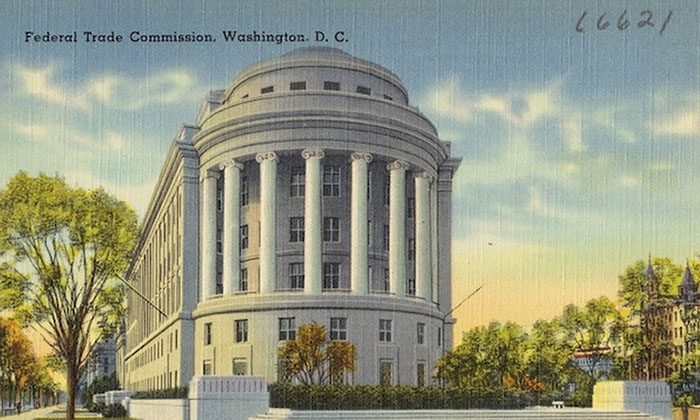If, as de Tocqueville observed, everything in America eventually becomes the province of lawyers, it should not be surprising that the conduct of lawyers has become a salient aspect of the war on terror. While terrorists typically express contempt for the rule of law, lawyers in a democracy should know better. Unfortunately, crises sometimes push lawyers from their traditional roles as advocates and counselors into less auspicious roles as enablers of overreaching. The legal response to the attacks of September 11 has highlighted the ethical pressures imposed on lawyers in crisis situations. The contributors to this symposium focus on two important subjects: (1) the ethical issues triggered by the recommendations of government lawyers on treatment of detainees (the so-called “torture memos”), and (2) the debate over the ethics of the government’s placement of restrictions on civilian defense lawyers representing alleged terrorists in government-dominated fora such as military commissions. The torture memos represent a conflict between the lawyer’s role as advocate for a client’s position and the attorney’s role as advisor offering an accurate account of the law as it exists. Symposium contributors argue that lawyers in the Office of Legal Counsel of the Department of Justice are advisors charged with the latter role. They argue further that these attorneys failed in that obligation.
